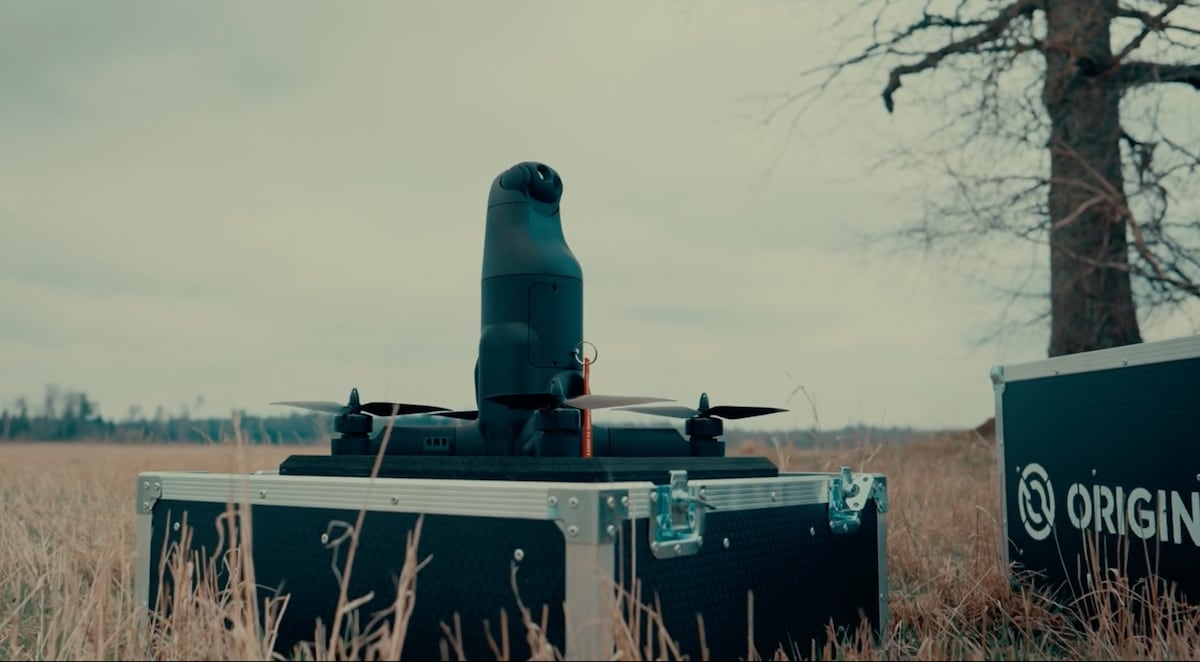In response to concerning drone activities near a Belgian nuclear facility earlier this month, the Belgian government has authorized an investment of €50 million (approximately $58 million) for advanced counter-drone technology. This decision underscores the escalating need to bolster national airspace security amid increasing threats.
Background and Context
The Belgian Ministry of Defense has faced mounting pressure to address vulnerabilities in the country’s air defense infrastructure. Recent weeks have witnessed several instances of air traffic disruptions, prompting authorities to seek support from neighboring nations, including Germany and the United Kingdom, to mitigate these challenges.
Strategic Investment in Technology
Central to Belgium’s counter-drone strategy is the acquisition of the Blaze interceptor, developed by Latvia-based Origin Robotics. Launched in May, this system integrates radar-based detection with artificial intelligence-driven computer vision, enabling it to neutralize a variety of aerial threats, including loitering munitions and hostile drones.
Features of the Blaze Interceptor
Destruction Mechanism: The Blaze employs airburst fragmentation to neutralize drones. This technique involves an explosion that releases shrapnel near the target, damaging it without requiring a direct hit.
Operator Safety Protocols: Designed with operator safety in mind, the Blaze allows personnel to cancel an engagement and command the interceptor to return. It also has a self-neutralization feature to prevent unintended damage.
Recent Incidents
Brussels experienced alarming drone activity on two consecutive nights at the beginning of the month, with drones reportedly breaching airspace near the Kleine Brogel airbase. This facility is significant because it houses U.S. tactical nuclear weapons and Belgium’s fleet of F-16 aircraft.
Future Developments
While Origin Robotics has not disclosed the exact number of interceptors ordered or the timeline for delivery, Belgian Defense Minister Theo Francken indicated that these systems are expected to enhance the nation’s defense capabilities “within a few weeks” during a visit to Latvia.
In addition, the Latvian manufacturer is involved with the European Drone Wall initiative, which aims to protect the continent against Russian drone incursions, reflecting a broader commitment to collective security in the region.
Conclusion
Belgium’s strategic investment in drone defense systems underscores the critical need for enhanced airspace security measures amid evolving geopolitical threats. As countries across Europe seek to safeguard their airspace, the integration of advanced technologies such as the Blaze interceptor will be pivotal in addressing current and future aerial challenges.
